Claire Simon's documentary "Writing Life" is a thought-provoking exploration of the work of French Nobel Literature Prize winner Annie Ernaux, but without ever featuring the writer herself. Instead, Simon focuses on Ernaux's sentences, allowing the audience to experience the power of her writing firsthand. This bold approach is a testament to Simon's trust in the young people who star in the film, and her willingness to take risks in the name of creative storytelling.
Simon's decision to exclude Ernaux from the documentary was a deliberate choice, one that she believes allows the audience to truly engage with the writer's work. "I don't like so-called portraits of artists," Simon explains. "I find them very boring, because you never see the art. Here, you can really focus on her sentences." By stripping away the distractions of a traditional documentary, Simon creates a space for the audience to connect with Ernaux's writing on a deeper level.
The documentary follows a group of high school students as they delve into Ernaux's books, using her words to explore themes of identity, class, and social justice. Through their eyes, we see the impact of Ernaux's writing on a new generation of readers. "It's not just about the writer," Simon says. "It's about the people who are reading and being affected by her work." This approach not only humanizes Ernaux's writing but also highlights the power of storytelling to shape our understanding of the world.
Simon's trust in her young subjects is evident throughout the film. She gives them the freedom to explore Ernaux's work in their own way, without imposing her own interpretation or agenda. This approach not only allows the audience to see the world through their eyes but also creates a sense of intimacy and connection with the subject matter. "I wanted to create a sense of freedom," Simon explains. "I wanted the students to feel like they could explore the work in their own way, without any constraints."
One of the most striking aspects of "Writing Life" is its comparison of Ernaux to George Clooney. Simon makes this comparison not because of any superficial resemblance but because of the way Ernaux's writing has become a part of the cultural zeitgeist. Like Clooney, Ernaux has become a cultural icon, her work transcending the boundaries of literature to speak to a wider audience. "Annie Ernaux is just like George Clooney," Simon says with a smile. "She's a cultural phenomenon, a writer who has become a part of the popular imagination."
The implications of "Writing Life" are far-reaching, highlighting the importance of storytelling in shaping our understanding of the world. By focusing on Ernaux's writing, Simon creates a space for the audience to engage with the themes and ideas that are at the heart of her work. This approach not only humanizes Ernaux's writing but also highlights the power of storytelling to shape our understanding of the world.
As we look to the future, it's clear that "Writing Life" is more than just a documentary about a writer. It's a testament to the power of storytelling to shape our understanding of the world and to the importance of trusting young people to explore complex ideas in their own way. By stripping away the distractions of a traditional documentary, Simon creates a space for the audience to connect with Ernaux's writing on a deeper level, and to see the world through the eyes of a new generation of readers.
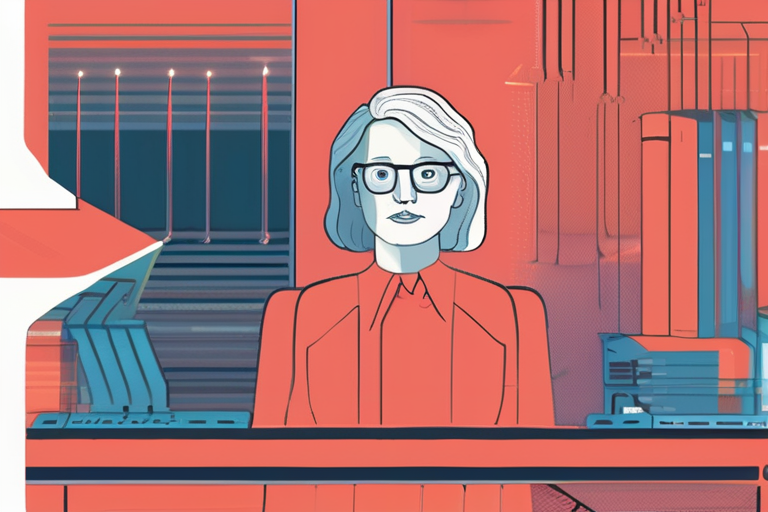



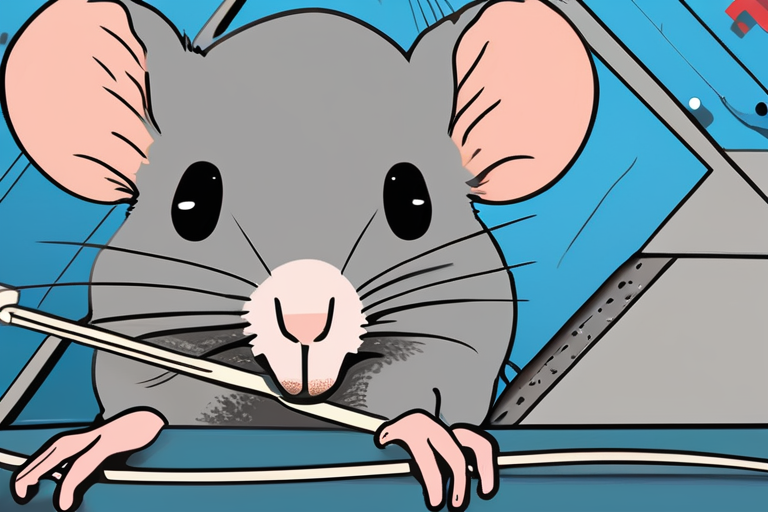


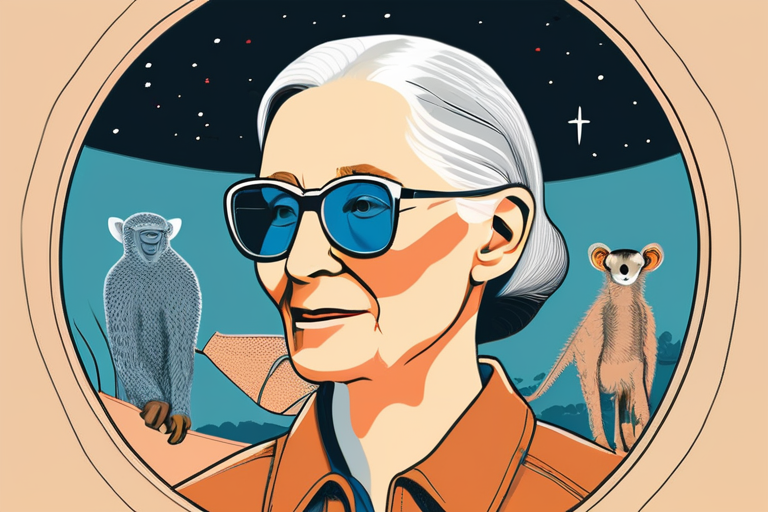


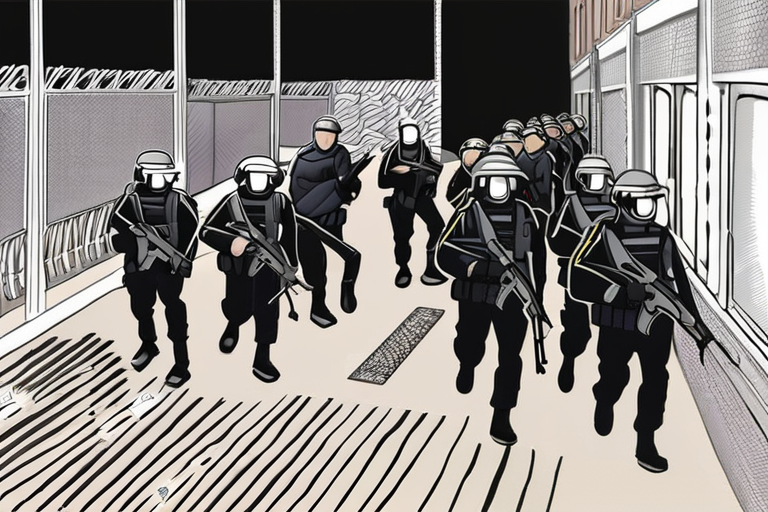

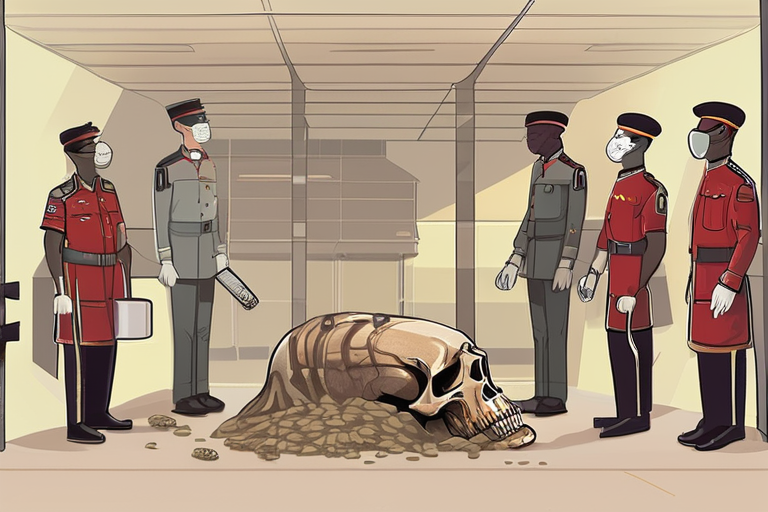
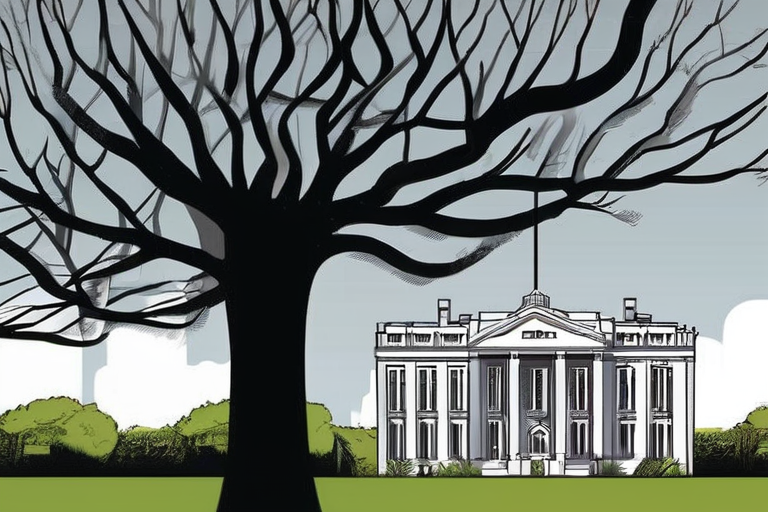

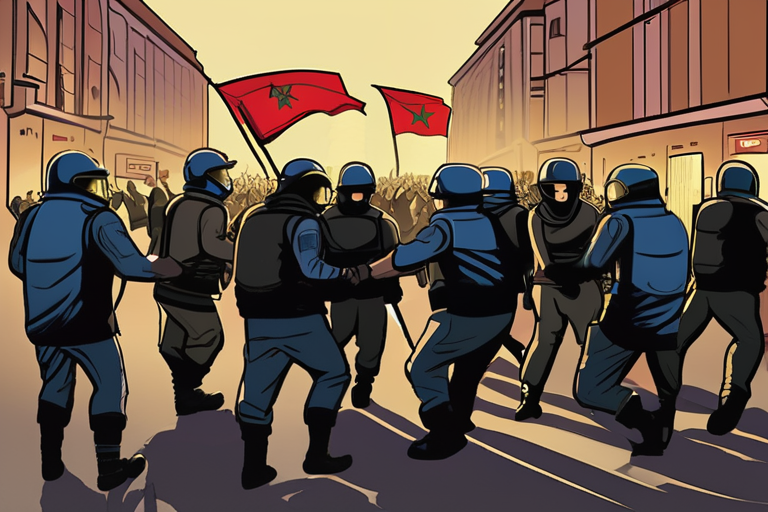
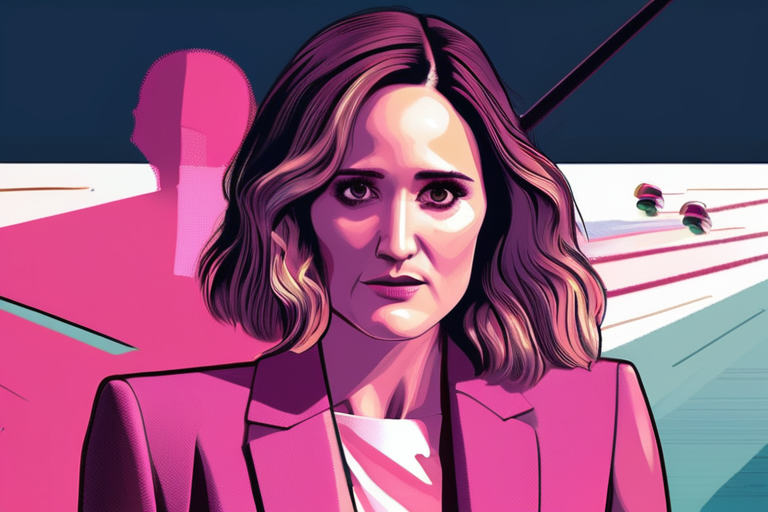


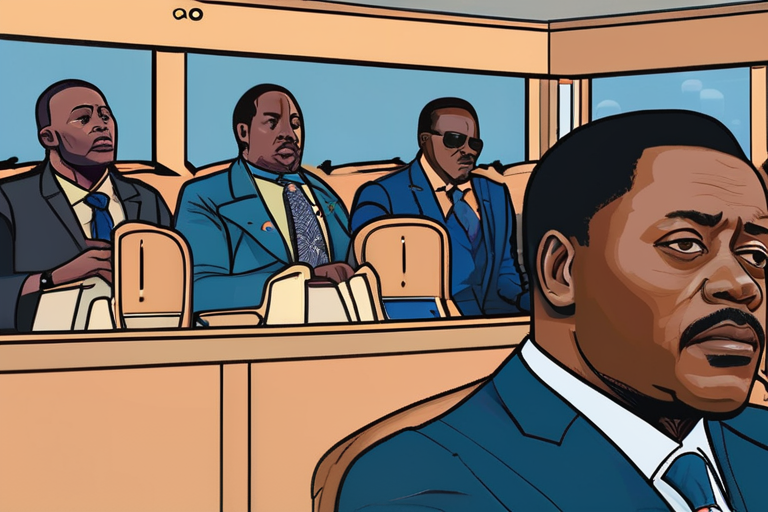



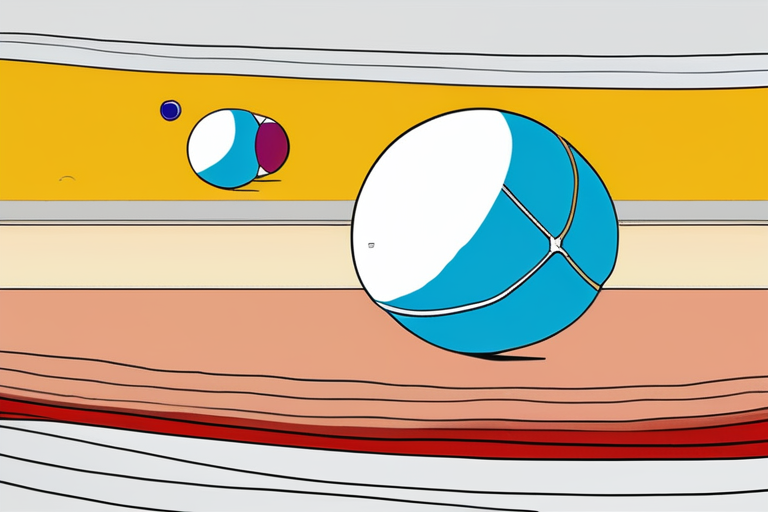


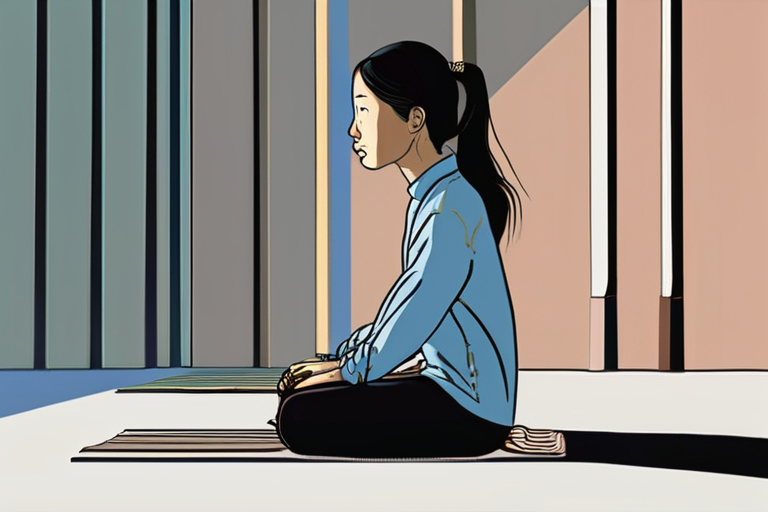
Share & Engage Share
Share this article